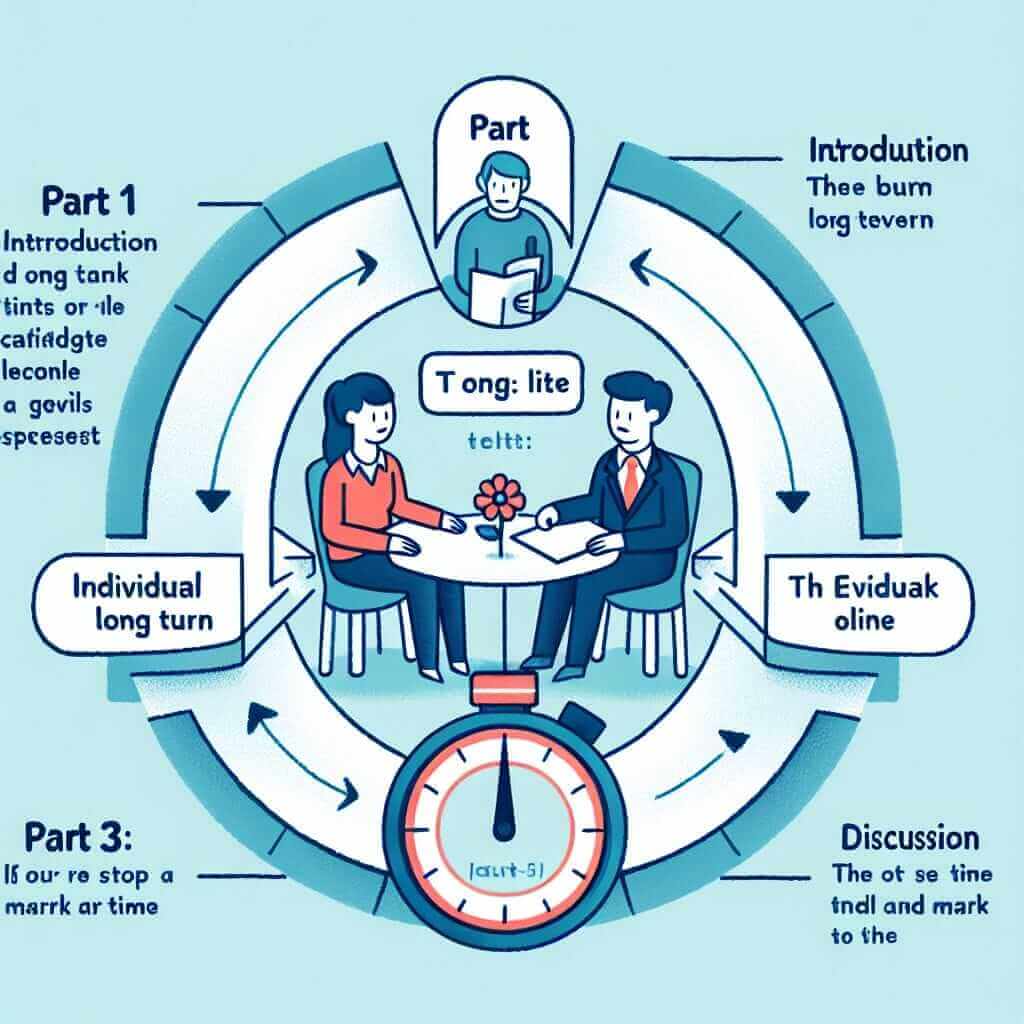Improving fluency and coherence in the IELTS Speaking test is crucial for achieving a high band score. These two criteria account for up to 50% of your final Speaking score, making them essential areas to focus on. Fluency refers to the ability to speak smoothly and continuously without frequent pauses or hesitation, while coherence involves logical organization and clarity of speech. In this guide, we’ll delve into strategies to enhance both these skills, supported by practical examples and actionable tips.
What Are Fluency and Coherence?
Fluency
Fluency is the ability to speak with ease and without long pauses. It involves:
- Smooth and Continuous Speech: Avoiding unnecessary pauses and repetition.
- Pacing: Speaking at a natural and appropriate speed.
Coherence
Coherence refers to logical structuring and clear progression of ideas in your speech:
- Logical Organization: Ideas should flow logically from one to the next.
- Linking Words and Phrases: Using connectives to move smoothly between points.
- Relevancy: Staying on topic and answering the question directly.
Examples to Illustrate Fluency and Coherence
Let’s examine some examples to illustrate these concepts:
-
Fluent Speech:
- Weak Example: “Uh… I think…. um… traveling is good… because… uh… you can, um, learn a lot.”
- Strong Example: “Traveling is beneficial as it allows you to learn about different cultures, gain new perspectives, and develop a broader understanding of the world.”
-
Coherent Speech:
- Weak Example: “I like sports. My favorite sport is football, and I enjoy playing it. Movies are also something I enjoy.”
- Strong Example: “I have a keen interest in sports, particularly football, which I play regularly to stay fit and active. Additionally, I enjoy watching movies, as they offer me relaxation after a long day.”
 IELTS Speaking Test Structure
IELTS Speaking Test Structure
Applying Fluency and Coherence in IELTS Speaking Test
Speaking Part 1: Introduction and Interview
- Question: “Do you enjoy studying English?”
- Fluent Response: “Yes, I enjoy studying English because it opens up numerous opportunities for communication and career advancement. It allows me to interact with people globally and access a vast array of information.”
- Coherent Response: “Yes, I genuinely enjoy studying English. Firstly, it enhances my communication skills, enabling me to connect with people from all over the world. Secondly, English proficiency is often essential for career growth, offering better job prospects. Lastly, it gives me access to a wealth of knowledge and information available in English.”
Speaking Part 2: Long Turn
- Task: Describe a memorable holiday.
- Fluent and Coherent Response: “One of the most memorable holidays I’ve had was a trip to Japan last year. The journey began in Tokyo, a bustling city full of energy and culture. Next, I visited Kyoto, where I was enchanted by the ancient temples and serene gardens. The highlight, however, was experiencing traditional Japanese cuisine, which was both delightful and unique. This trip not only offered relaxation but also enriched my understanding of Japanese culture.”
Speaking Part 3: Discussion
- Question: “What impact has technology had on education?”
- Fluent and Coherent Response: “Technology has revolutionized education in several ways. Firstly, it provides easy access to a vast amount of information and learning resources online. Secondly, e-learning platforms have made education more flexible and accessible to students globally. Thirdly, interactive tools and multimedia resources enhance the learning experience, making it more engaging and effective. Hence, technology has significantly improved the quality and reach of education.”
Common Mistakes to Avoid
-
Frequent Pauses and Fillers:
- Avoid excessive use of fillers like “um,” “ah,” and “you know.”
- Practice speaking smoothly to reduce pauses.
-
Disorganized Speech:
- Plan your response mentally before speaking.
- Use linking words to maintain coherence.
-
Monotone Delivery:
- Vary your tone and pitch to keep the listener engaged.
Practice Tips
-
Regular Practice:
- Engage in daily speaking practices using sample IELTS questions.
- Record your responses and listen to identify areas of improvement.
-
Peer Practice:
- Practice speaking with a partner to simulate actual test conditions.
- Provide each other with constructive feedback.
-
Use of Linking Words:
- Incorporate connectors such as “firstly,” “moreover,” “however,” and “in conclusion” to improve flow and coherence.
-
Fluency Drills:
- Practice speaking without pausing for specific periods (e.g., one minute).
- Focus on continuous speech to develop fluency.
Conclusion
Achieving high fluency and coherence in the IELTS Speaking test requires diligent practice and awareness of common pitfalls. By incorporating these strategies and continuously honing your speaking skills, you can improve your performance and achieve your desired band score. Remember to practice regularly, seek feedback, and stay confident during the test. If you have any questions or need further guidance, feel free to leave a comment or explore more resources on our website. Good luck!


